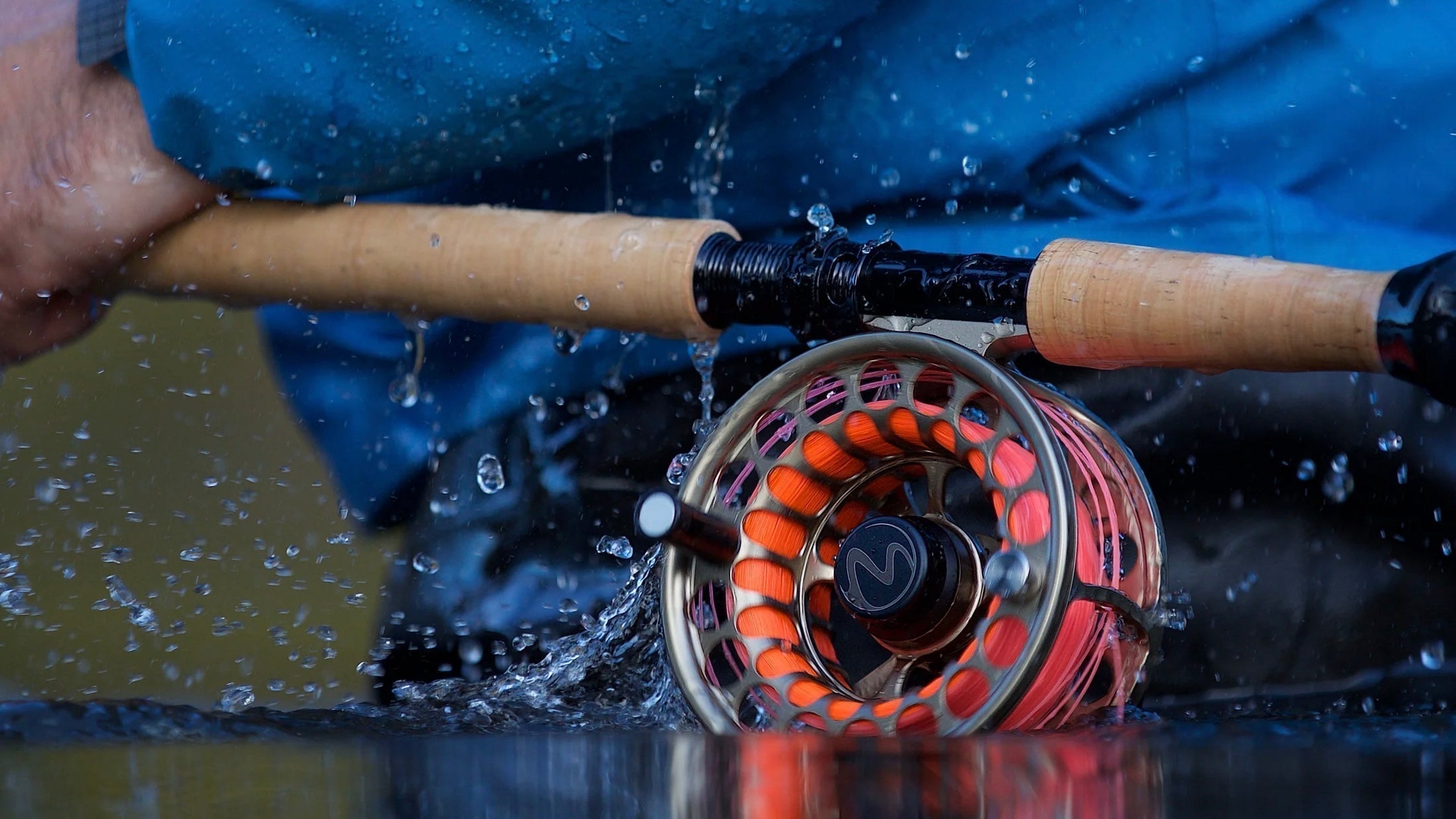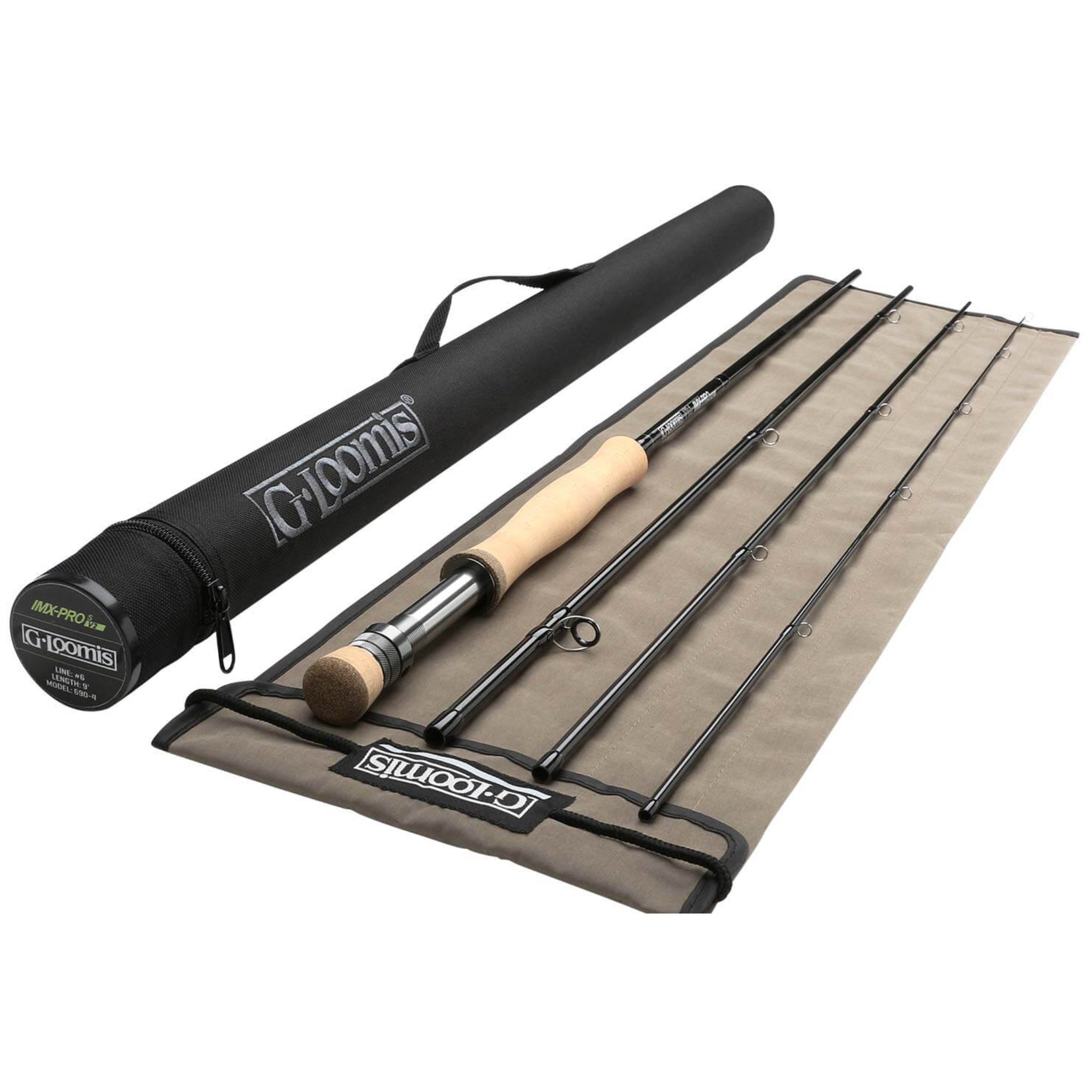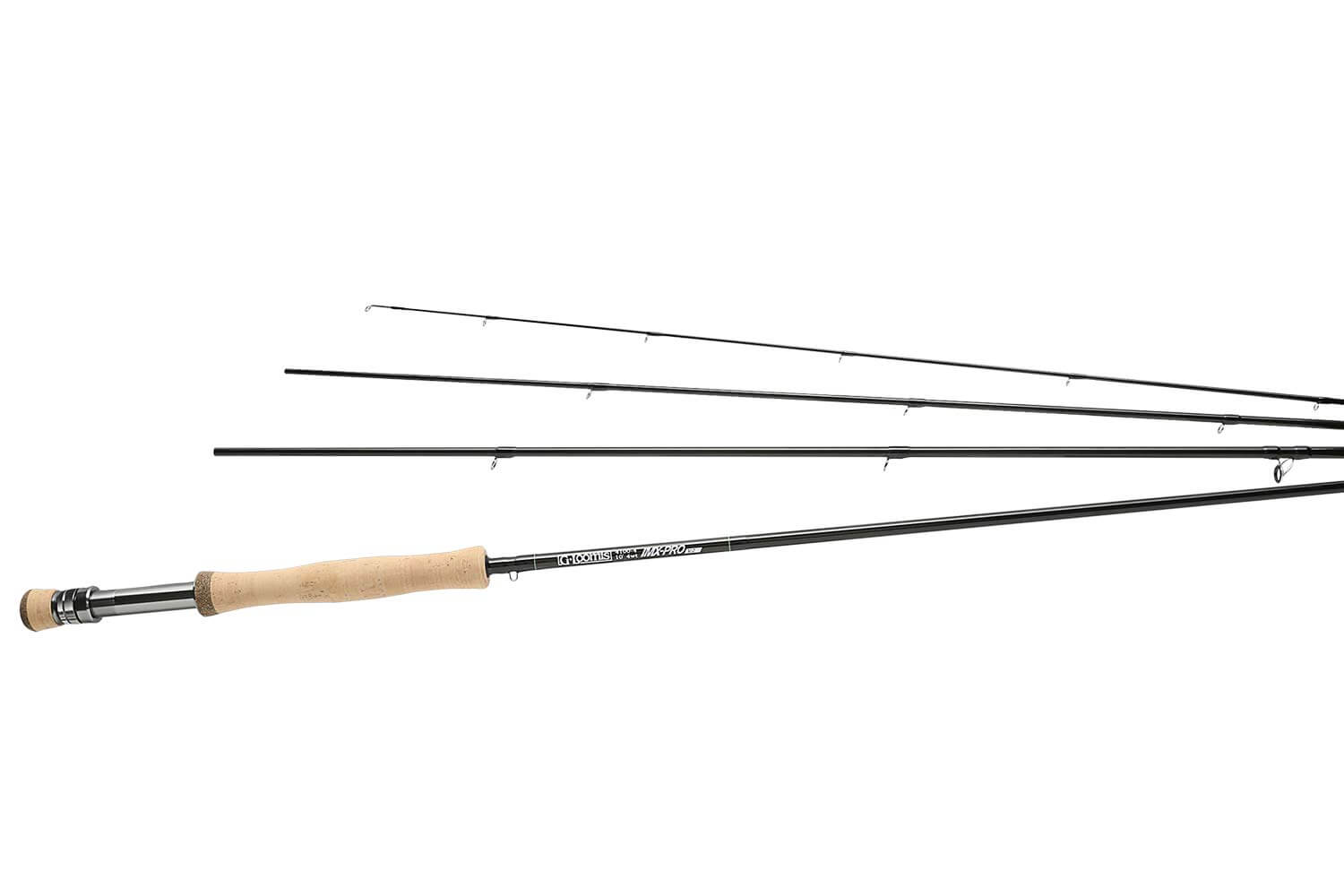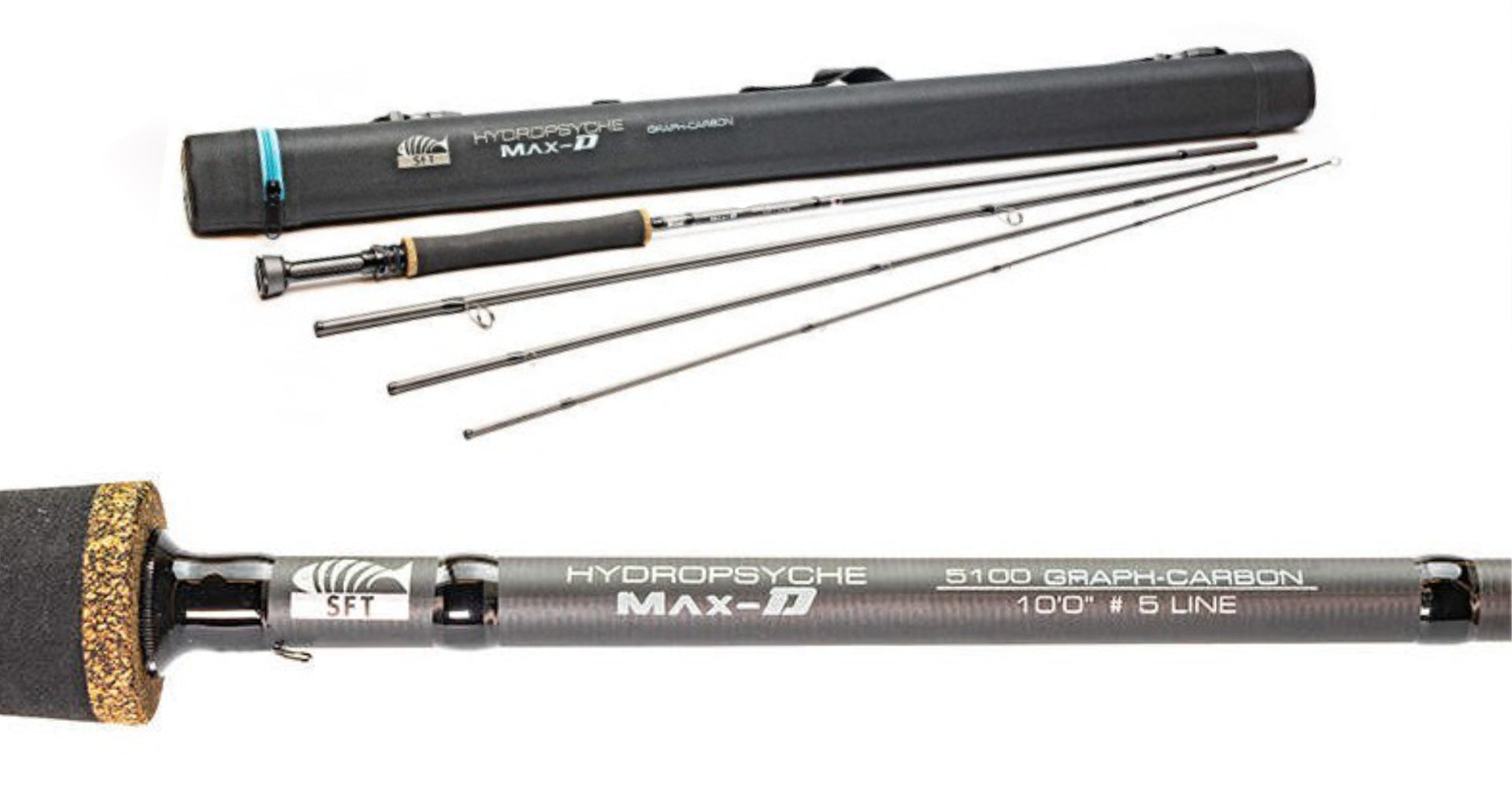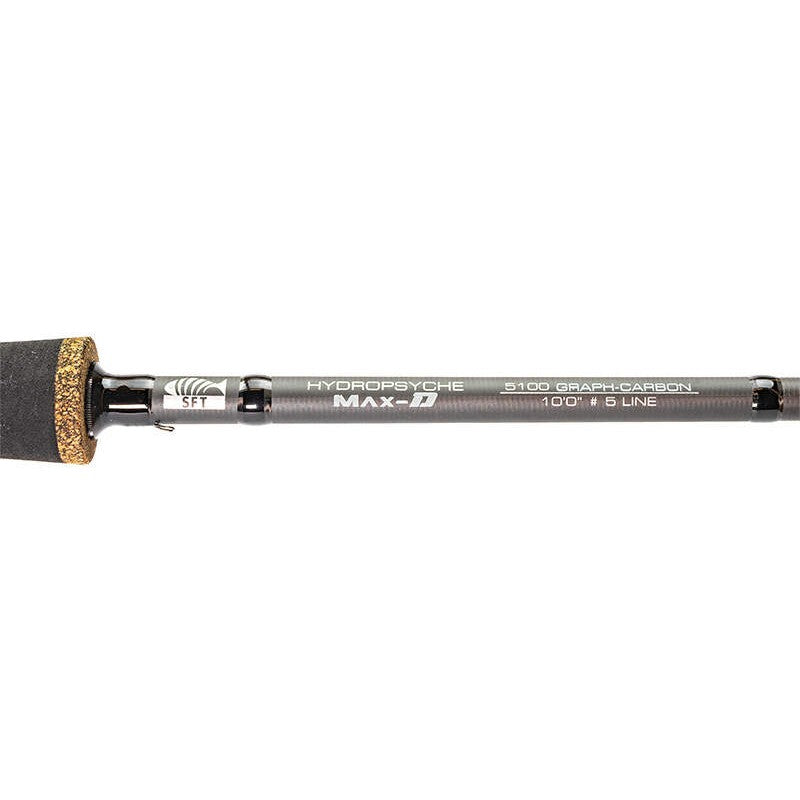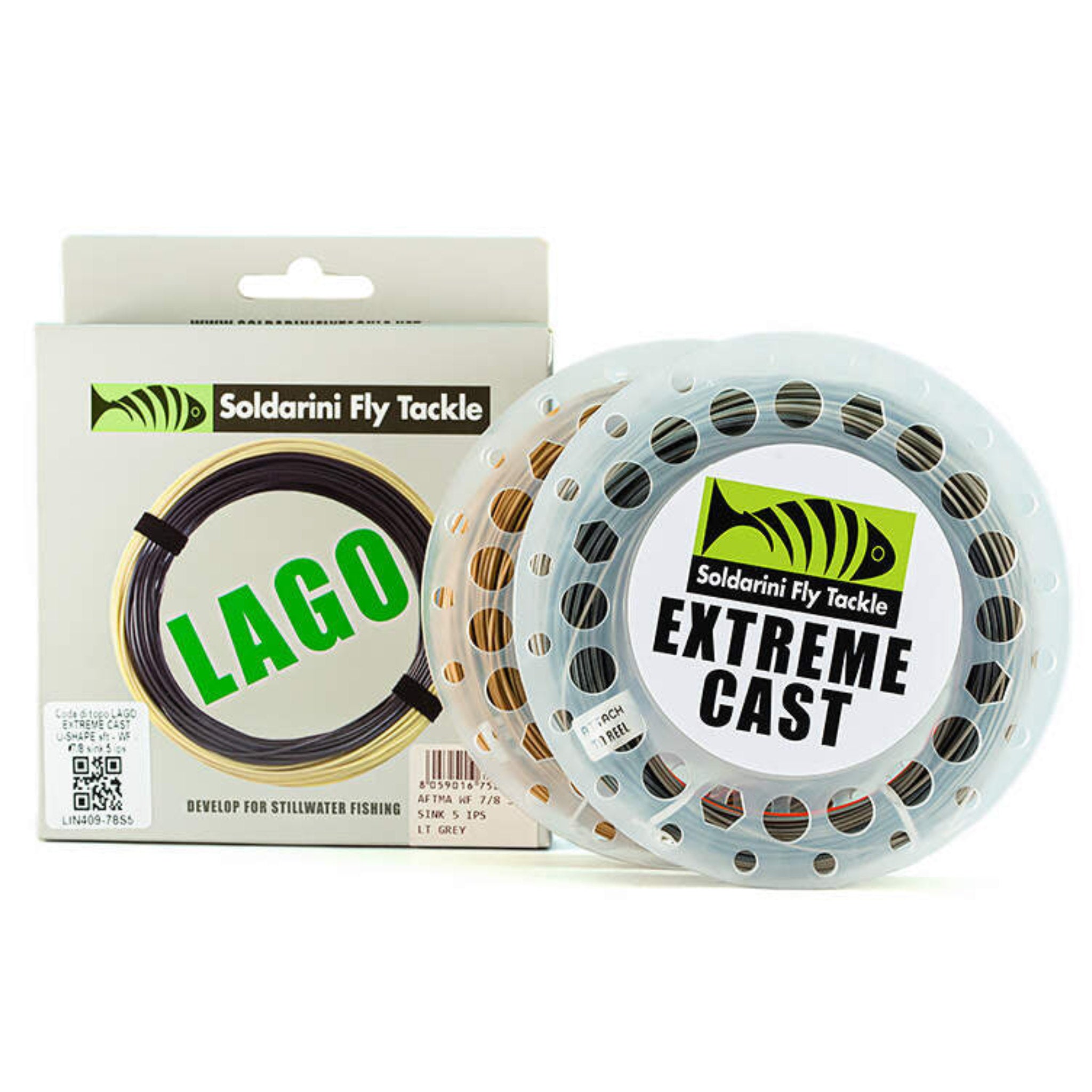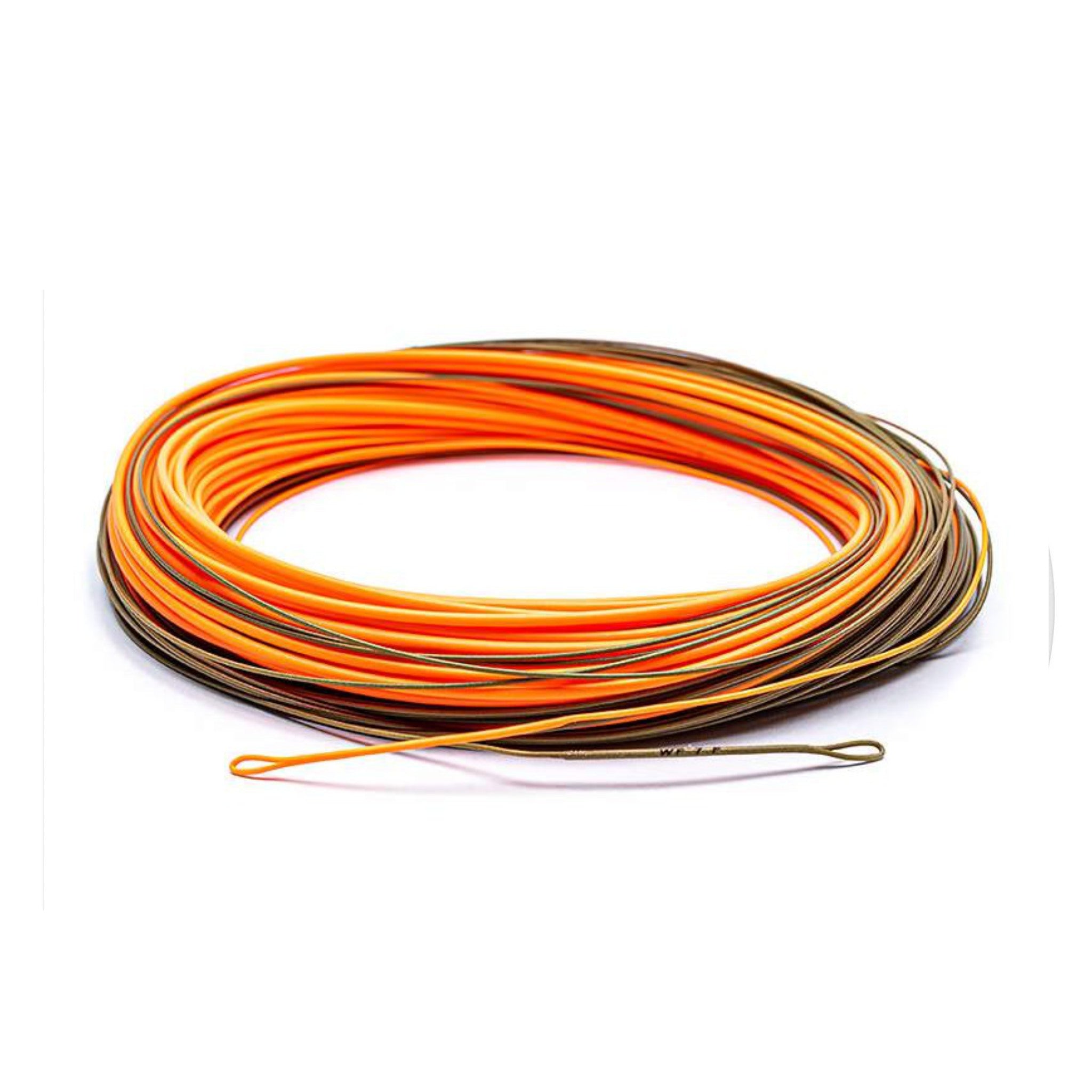An Einarsson reel is a reel you might even include in your inheritance in the future…
If you’ve ever looked at the price of a premium fly reel and asked yourself “what makes it cost so much?”, then this article is for you.
1. Materials: not all aluminum is the same
Standard reels are made from cheaper alloys or die-cast aluminum. Premium brands (such as Einarsson, Abel, Hardy) use so-called aircraft-grade aluminum – typically 6061-T651, which is incredibly strong yet lightweight. In addition, it is often CNC-machined, meaning each part is precisely milled from a single block of material.

Comparison image: CNC vs. cast reel
2. Drag system: smoothness, reliability, durability
The key element of a quality reel is its drag. While cheaper models use simple mechanisms, sealed disc drag systems in higher-end reels (such as the Einarsson Plus) are built from composites, carbon, titanium or stainless steel. Thanks to this:
- they withstand saltwater,
- they provide a smooth and consistent performance,
- they don’t overheat and don’t lose efficiency during long fights.

Diagram of a drag system
3. Manufacturing: craftsmanship and precision
While standard reels are mass-produced in Asia, premium ones are often designed and manufactured in Europe or North America. Many undergo manual assembly, testing and quality control, which directly translates into their lifespan and reliability.
Example: Einarsson reels are manufactured directly in Iceland.
4. Design and functional details
Premium reels often feature:
- closed cage construction that prevents line snagging,
- precise click-drag adjustment,
- Type III hard anodizing for corrosion and scratch resistance,
- low weight combined with high strength.

